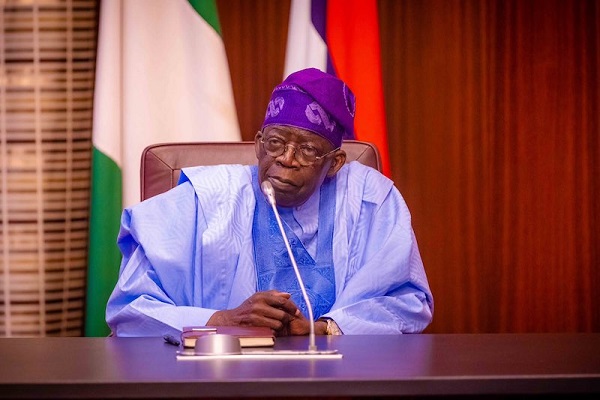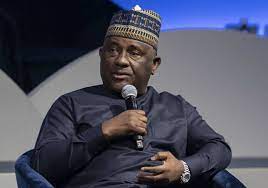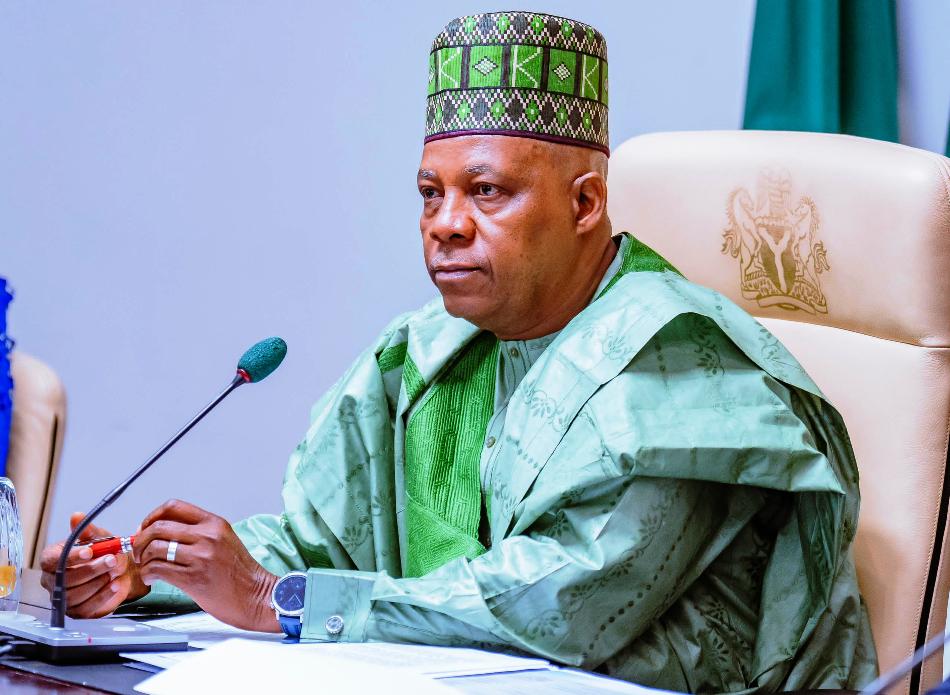The Federal Executive Council (FEC) has approved the establishment of the Creative and Tourism Infrastructure Corporation (CTIC), a new initiative aimed at transforming Nigeria’s creative and tourism industries.
The corporation, which will operate under a Public-Private Partnership (PPP) framework, is expected to generate over $100 billion for the country’s Gross Domestic Product (GDP) and create at least two million jobs, primarily for young Nigerians.
Minister of Art, Culture, Tourism, and Creative Economy, Hannatu Musawa, announced the approval after the FEC meeting, which was presided over by President Bola Tinubu at the State House, Abuja.
She described the initiative as a game-changer that would unlock the vast economic potential of Nigeria’s cultural and creative sectors.
“This is really a very transformative initiative that we hope will propel Nigeria’s creative and tourism industry to new heights. It will provide the infrastructural foundation needed to develop these industries, attract investment, nurture talent and innovation, and promote Nigeria’s cultural heritage as a tool for both local and global economic growth,” Musawa said.
The CTIC will serve as a special-purpose vehicle to mobilize financing and develop critical infrastructure that has long been lacking in the sector.
Musawa noted that while Nigeria is globally recognized for its creativity and vibrant cultural scene, inadequate infrastructure has hindered the full realization of its economic potential.
“There is a lot of value in the creative industry and tourism, but this value can only be extracted to benefit Nigerians if we put the right modalities in place. One of the key areas with a huge gap is infrastructure. We have incredible talent and content, but there is no infrastructure to support and maximize these assets,” she said.
Musawa pointed to the massive success of last year’s “Dirty December” in Lagos as evidence of Nigeria’s global cultural appeal.
She said the annual entertainment and tourism boom in December showcased the country’s creative energy but could have been even bigger with better infrastructure.
“The world saw the scale of our creative energy during that period, but imagine if such events were backed by proper infrastructure. We want to leverage this potential and create an enabling environment for sustainable growth,” she said.
Musawa outlined several key projects that the CTIC will spearhead, including the revitalization of Obudu Ranch and Yankari Game Reserve, the development of the Abuja Creative City, and the establishment of 5,000 cinema screens nationwide to expand Nollywood’s reach.
Other projects include the Wole Soyinka Creative City in Lagos, a Centre for African Arts, and a Digital Distribution Network to enhance content monetization.
Plans are also in place to upgrade the National Gallery and expand the National Arena’s capacity to 100,000 seats.
In addition, the government plans to establish a national museum in Abuja, filling a long-standing gap in the nation’s cultural landscape.
Musawa said the CTIC will also support the formal development of Nollywood as a global entertainment hub and build music arenas across the country to boost Nigeria’s thriving music industry.
Musawa said these projects align with President Tinubu’s vision of diversifying Nigeria’s economy and driving innovation.
She said the government is already engaging with development partners and global stakeholders to secure financing and expertise for the initiative.
“Mr. President was very intentional in ensuring that we build on the creative industry and innovation. We have already engaged with development partners and stakeholders globally to develop innovative financing approaches for these initiatives.
“It’s a wonderful day for the creative and tourism industries. We have started a journey to put in place the infrastructure and systems that will allow Nigerians to fully benefit from the immense value of these sectors,” Musawa said.






